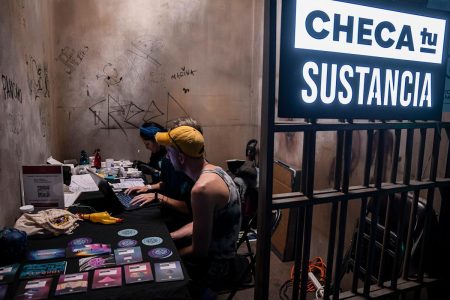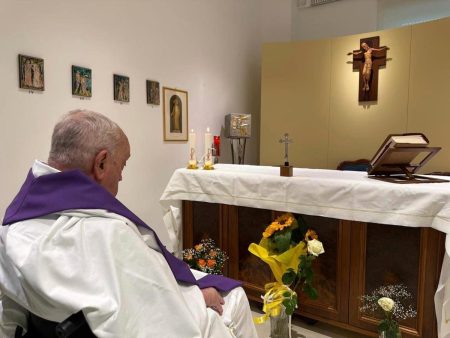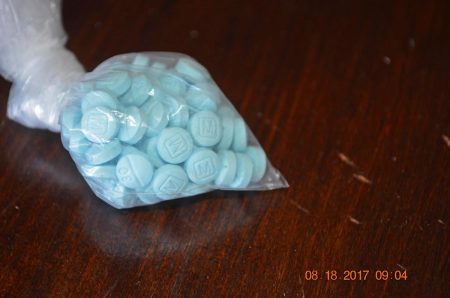Deadly Wave of Bootleg Alcohol Poisonings Strikes Turkey
A Rash of Fatalities in Ankara and Istanbul
In a tragic turn of events, Turkey has been grappling with a devastating surge in deaths linked to the consumption of bootleg alcohol. Over the past six weeks, at least 124 people have lost their lives in Ankara and Istanbul after drinking adulterated liquor, according to the Turkish state news agency, Anadolu. Dozens more remain in critical condition, clinging to life in intensive care units. This crisis has underscored the dangers of counterfeit alcohol, which is often laced with toxic substances like methanol, a poison that can cause blindness, liver damage, and even death.
The Toll on Ankara and Istanbul
The capital city of Ankara has been particularly hard-hit, with 54 fatalities reported so far. Another 40 individuals are currently fighting for their lives in hospitals across the city. Meanwhile, in Istanbul, Turkey’s largest metropolis, 70 deaths have been linked to bootleg alcohol. These numbers highlight the widespread nature of the problem and the urgency of addressing it. Authorities have been working tirelessly to track down the sources of these illegal products and bring those responsible to justice.
Methanol: A Silent Killer in Bootleg Alcohol
Methanol, a toxic compound often used in illegally produced alcohol, is at the heart of this public health crisis. Because methanol is cheaper than ethanol, it is frequently substituted in the production of counterfeit liquor. Unaware consumers who drink this tainted alcohol risk severe health consequences, including organ failure, blindness, and death. A study focused on illegal alcohol production in southern Turkey revealed that methanol contamination is a recurring issue, posing a significant threat to public safety.
Authorities Crack Down on Counterfeit Liquor
In response to the crisis, Turkish officials have launched targeted operations to combat the production and distribution of counterfeit alcohol. In Ankara, the chief public prosecutor’s office has arrested 28 suspects implicated in the manufacture and sale of bootleg liquor. However, 25 of these individuals were later released under conditional terms, sparking concerns about the effectiveness of law enforcement efforts. Police raids on suspected locations, including a liquor shop in Istanbul’s Beyoğlu district, have also been conducted to seize counterfeit products and disrupt illegal networks.
Economic Factors Fuel the Bootleg Alcohol Epidemic
The surge in bootleg alcohol consumption is not merely a matter of law enforcement but also deeply rooted in economic realities. In recent years, alcohol taxes in Turkey have skyrocketed under President Recep Tayyip Erdoğan, a vocal opponent of drinking. As a result, legitimate alcoholic beverages, such as Turkey’s signature aniseed-flavored spirit, raki, have become prohibitively expensive for many citizens. A liter of raki now costs around 1,300 Turkish lira, approximately $37.20, in a country where the minimum monthly wage is just $600. These high prices have fueled demand for cheaper, though often dangerous, counterfeit alternatives.
A Vicious Cycle of Danger and Exploitation
Critics argue that the heavy taxation of alcohol has inadvertently created a lucrative black market for bootleg liquor, putting lives at risk. Counterfeit products are not only cheaper than legitimate brands but also attract budget-conscious consumers, including tourist businesses looking to cut costs. This deadly cycle of high taxes, illegal production, and consumer demand highlights the need for a comprehensive approach to addressing the issue. By tackling both the economic drivers of the black market and the lack of oversight in alcohol production, Turkey can take meaningful steps toward protecting its citizens from the peril of adulterated alcohol.
In conclusion, the recent wave of fatalities linked to bootleg alcohol in Turkey is a stark reminder of the dangers of unchecked illegal production and the consequences of misguided economic policies. While law enforcement efforts are crucial, addressing the root causes of this crisis—high taxes and the allure of cheap, counterfeit alternatives—will require a broader strategy to ensure public safety and prevent future tragedies.









